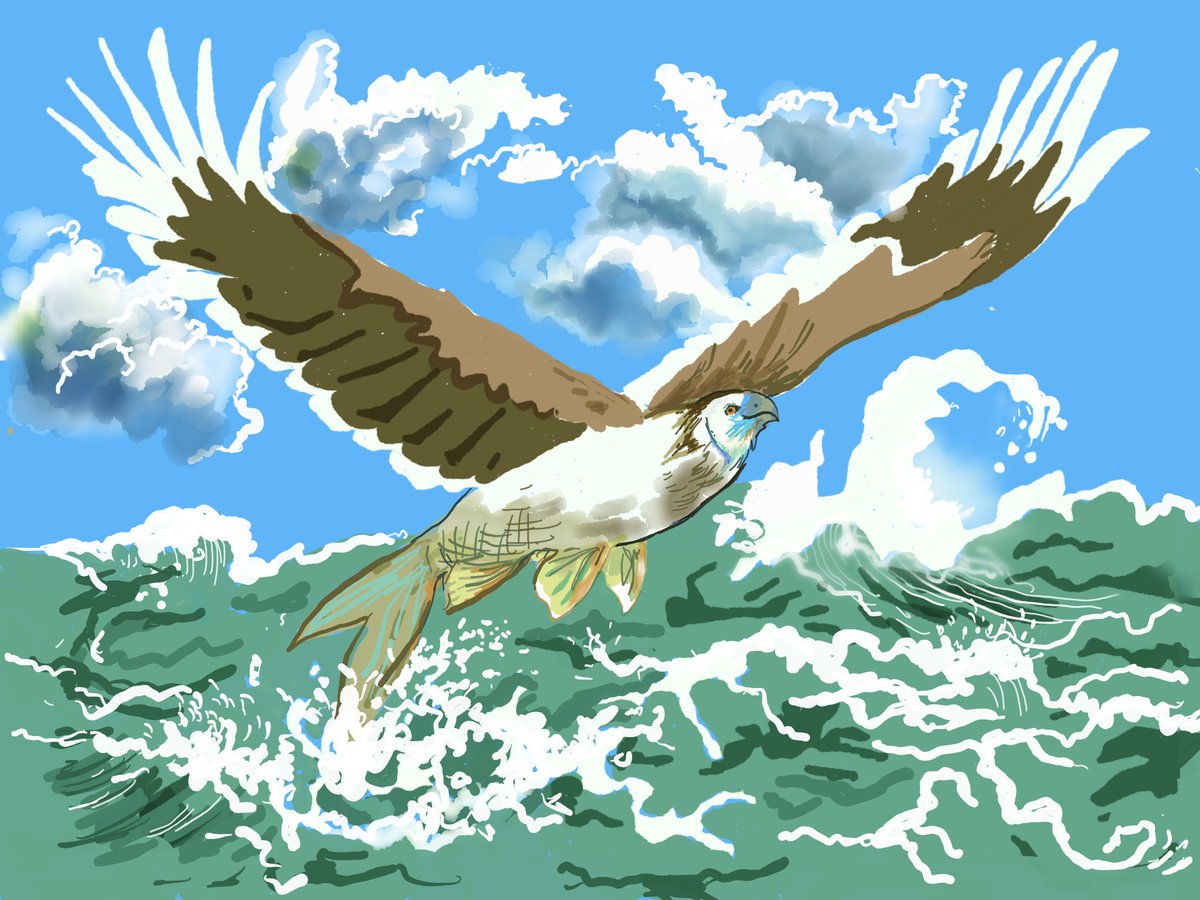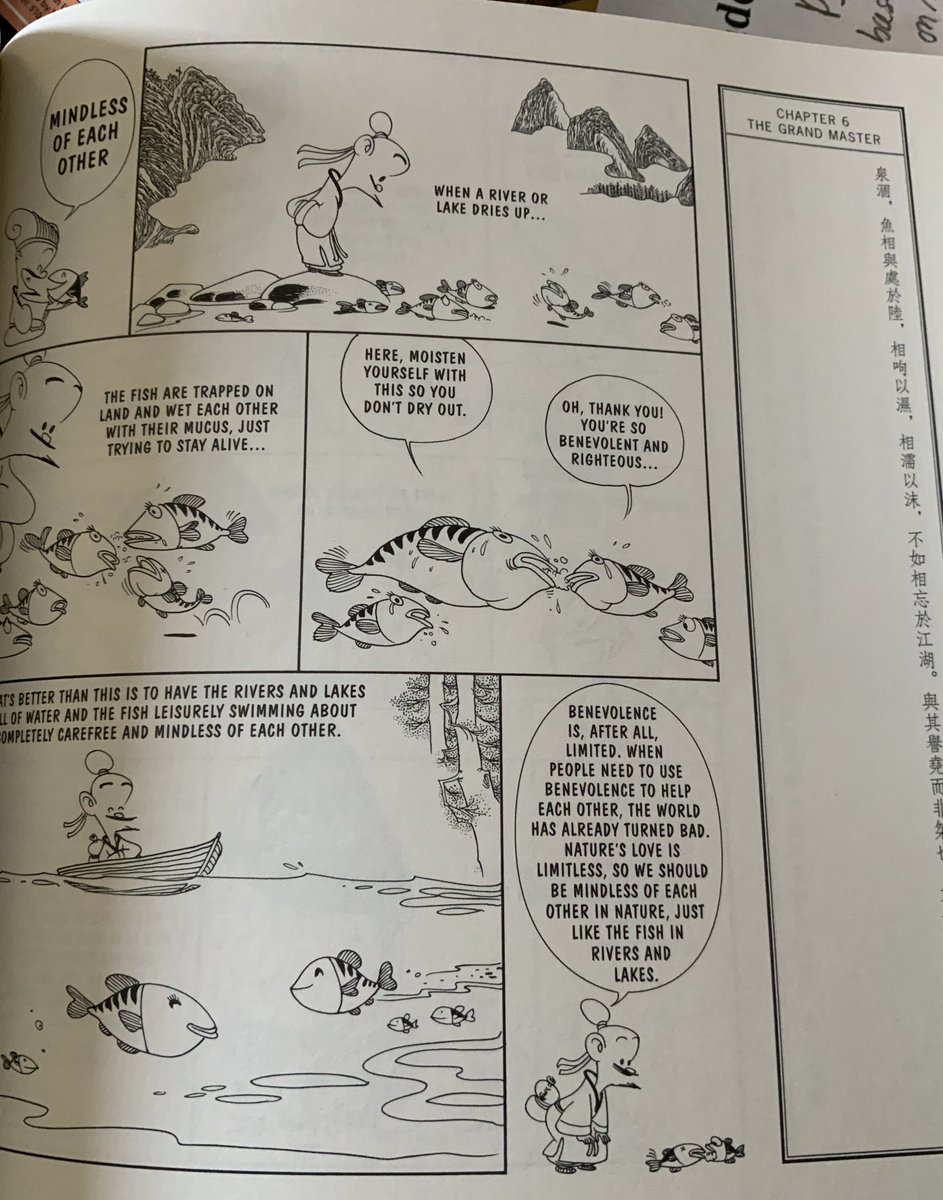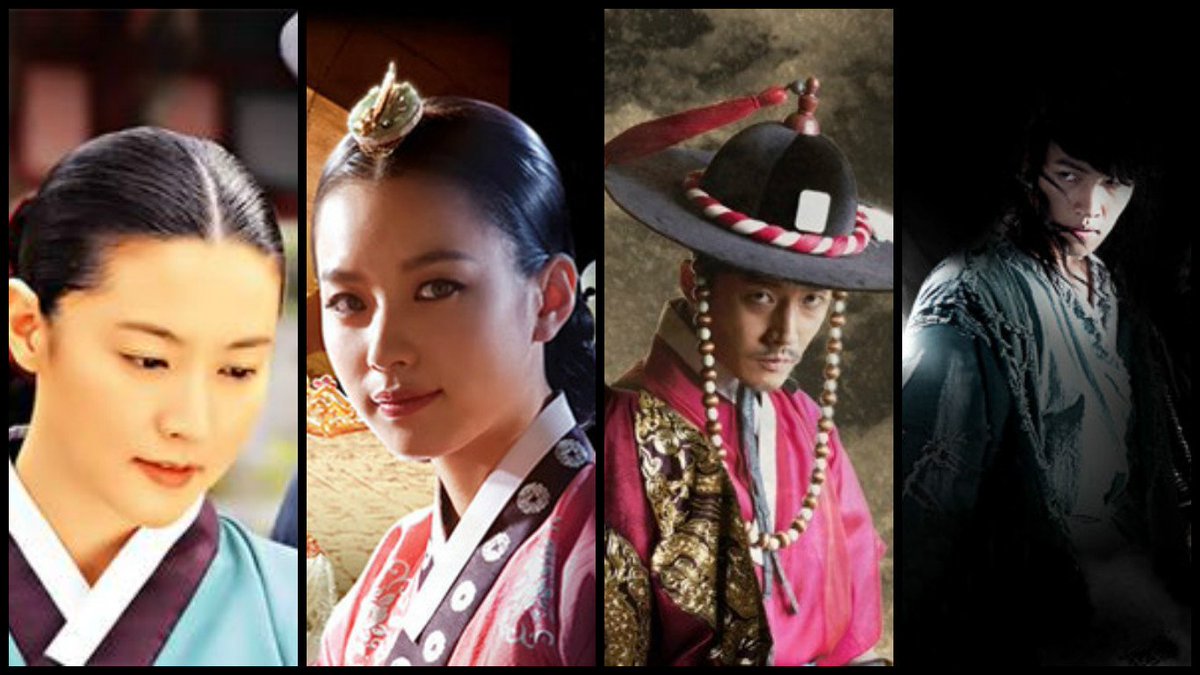There's an enduring tension between ritual and authenticity in ancient Chinese philosophy 1/
mydramalist.com/21078-the-king…
amazon.com/Disputers-Tao-…
This followed the breakdown of the Zhou dynasty, which unified much of China until 7th cBCE 5/
bopsecrets.org/gateway/passag…
ctext.org/dictionary.pl?…
ctext.org/dictionary.pl?…
(all drawings mine)
ctext.org/dictionary.pl?…

ctext.org/dictionary.pl?…

ctext.org/dictionary.pl?…

What your servant loves is the method of the dào, more advanced than any skill." /28
ctext.org/dictionary.pl?…





